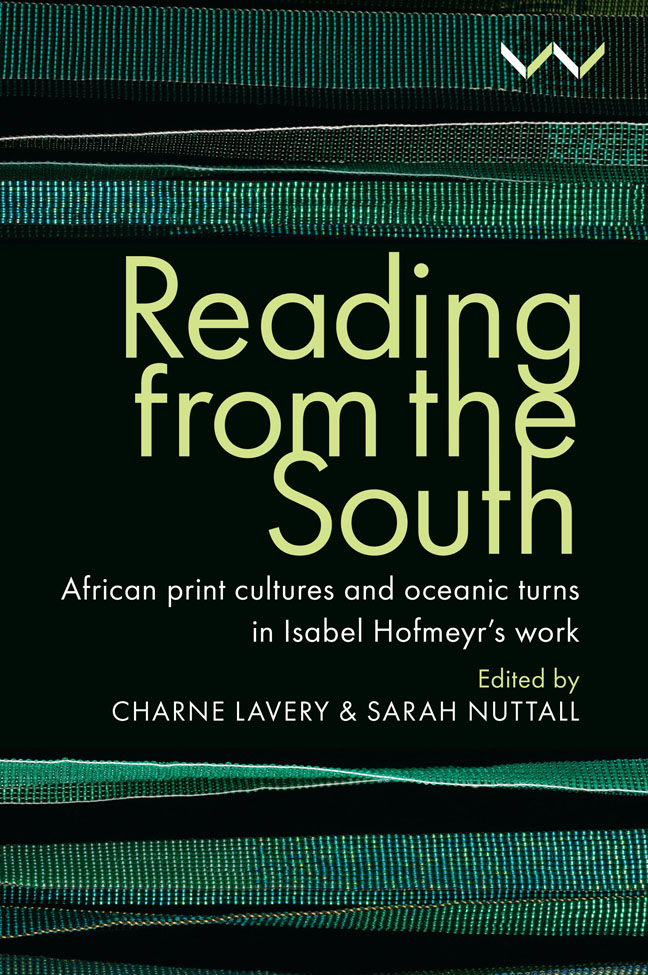Chapter 13 - Travel Disruptions: Irritability and Canonisation
Published online by Cambridge University Press: 01 March 2024
Summary
The broken tongue is displaced on and through and traverses multiple registers: the linguistic, the kinaesthetic, the aural, the alimentary, the symbolic, and the socio-political.
— Xin Liu (Mupotsa and Xin Liu 2019, 128)This offering is a brief entry into some of the ways we think together – and, more specifically, a playful reanimation of a recent telephone conversation during which we recounted the manner in which Isabel Hofmeyr's person, process and work have animated our own. Hofmeyr has been a colleague to us both. Explored here are what those relations leave imprinted in our experiences, and the means whereby they steadily hold each of us in the grounds of our own encounters with scholarly production. It is also an experiment with form – simultaneously taken seriously and remaining under question – as we continue to play and work with questions of attachment and method in Hofmeyr's scholarship. In differently accented yet shared idiom, we reflect on the value of circuits, circulations and pathways of ideas in Hofmeyr's work. To write together, intentionally and lovingly dialogic, filling the pages with the anxieties created within the differences or distinctions in our narrative registers; the fear of being misunderstood or misrecognised, even with the intimacy between us – this gap or space generates what is also our experience of our relationship to Hofmeyr and her work. We turn over the connections between her illumination of how ideas migrate in productive and/or troubling ways across space and time in a reading of a moment of cinematic difficulty, as well as in our own ongoing work on slavery and questions of power.
In ‘Stammering Tongue’ (Mupotsa and Xin Liu 2019), Danai writes with another of her beloved thinkers, Xin Liu, about the generative potentiality in those gaps, the stammering tongue offered as a governing metaphor and a modality put to use in practices of reading and writing. Practices of reading and writing are woven pursuits and intentions in Hofmeyr's work. We relish her productive irritability and how it reveals the gaps in field constitution or canonisation, such as we discuss here in her early critique of what becomes taken for granted under the banner ‘South African literature’ (Hofmeyr 1996).
- Type
- Chapter
- Information
- Reading from the SouthAfrican Print Cultures and Oceanic Turns in Isabel Hofmeyr's Work, pp. 199 - 208Publisher: Wits University PressPrint publication year: 2023



